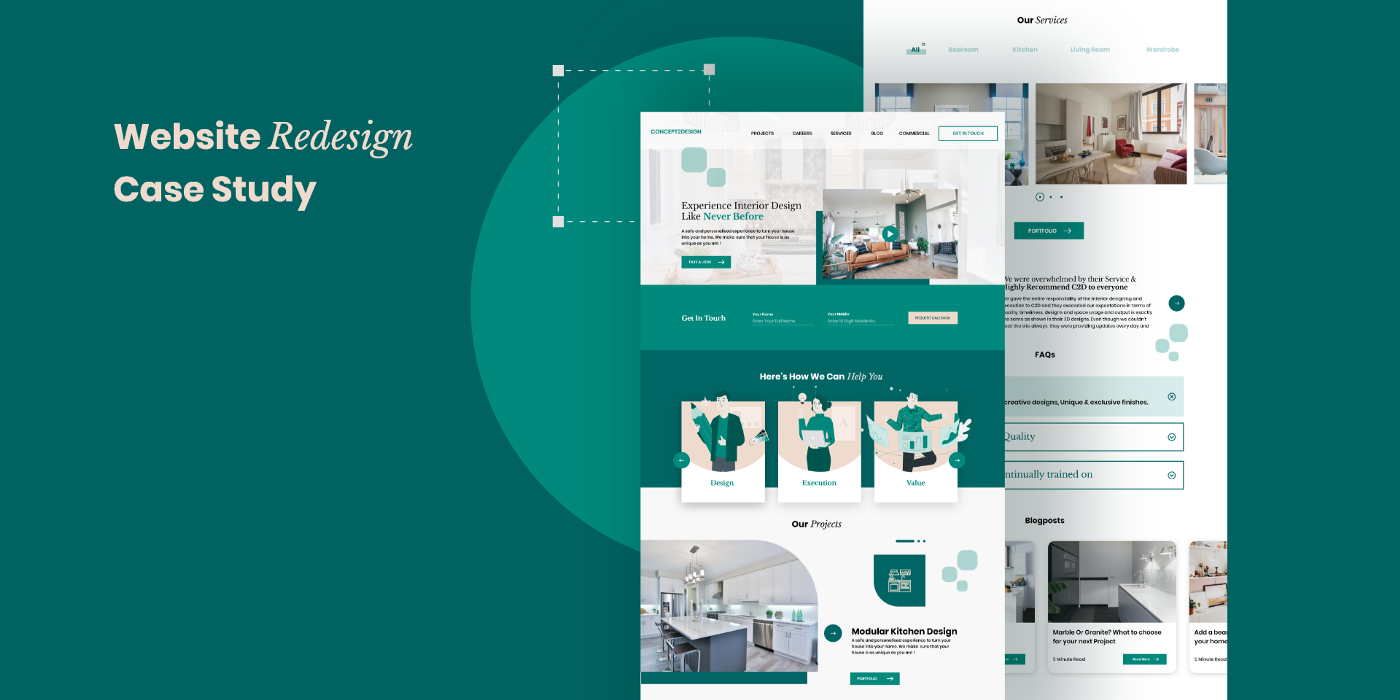
Mobile search is a fairly common activity on the go. A search engine is the most common way for users to look for things to do. Desktop searches tend to be more focused on the site and mobile searches are more contextual. Mobile searches will prioritize pages that are fast loading. These are just a few of the tips you need to keep in mind while designing a mobile-friendly webpage.
Remember that mobile searches are usually done with one hand. It is important that input fields are easy to view and tap. You also want to avoid using placeholders. These may appear to be the defaults, but they can hinder accessibility.
Mobile users are well-known for their voice input capabilities. Voice input has been a major feature of both desktop and mobile devices. It will save users time typing by allowing them to pre-optimize the search strings on your site.

A mobile-optimized website also has smart search recommendations. If your website has a list of products you can suggest the best ones for users based on their location. A search can be narrowed by language, place, or term. A similar approach can be used to narrow down results for image searches by their color or size.
The Google app is excellent for quick searches. To filter your search results you can input specific dates, places, and usage rights. It's also a handy tool for news updates. However, if you don't have a mobile-optimized site, it might be worth considering adding one.
A well-designed, mobile-optimized web site is critical for a business. More than half of the world's web traffic comes from mobile devices. In order to compete on other platforms, your website should be optimized for both desktop and mobile users. You will need to ensure your website is both mobile-friendly and intelligent enough to give the right suggestions to keep visitors coming back.
There are a few ways to ensure your site stands out from the crowd. One of the best ways to stand out from the rest is to make sure your most important features are mobile-optimized. Remove visual clutter to remove distractions, and mobile users can focus more on the things that are important.

Some mobile-optimized sites make use of modal overlays, which show off search results from the same page on a different screen. Although it might sound cool, this concept is not new. In fact, Amazon's iPhone app has permanently dedicated 22% of the screen real estate to navigation.
Notably, an expandable keyword search is a better choice. An expandable search is a feature that lets users enter a search query, and then quickly get results by tapping the Search button. You can refine your search using fewer taps by viewing scrollable screens of facets. Some facets display icons that correspond most commonly to refinement options, such as those mentioned.
FAQ
Is it better to hire a web designer than do it myself?
If you are looking to save money, don't spend on web design services. If you need high quality results, it may not be worthwhile to hire someone else to build your website.
The truth is, there are many different ways to build websites from scratch without the need for expensive professional designers.
If you're willing and able to invest the time and effort to create a stunning website, you can use free tools such as Dreamweaver or Photoshop to learn how to do it yourself.
Consider outsourcing your project to an experienced freelancer web developer who charges hourly instead of per-project.
What Should I Add to My Portfolio?
These things should make up your portfolio.
-
Examples of your previous work.
-
If you have one, links to it.
-
Links to your blog.
-
Links to social media pages.
-
Links to online portfolios of other designers.
-
Any awards you have been given.
-
References.
-
Examples of your work.
-
These links show how to communicate with clients.
-
Links showing you're willing to learn new technologies.
-
These links show that you are flexible.
-
These links show your personality.
-
Videos showing your skills.
What is a static site?
A static website contains all content stored on a server that visitors can access via web browsers.
The term "static” refers the fact that there is no dynamic feature such as changing images or video, animations etc.
This site was originally designed for intranets. However, it has been adopted by small businesses and individuals who need simple websites with no custom programming.
Because static websites require less maintenance, they have grown in popularity. Static sites are easier to maintain and update than fully-featured websites with multiple components (such as blogs).
They load much faster than dynamic counterparts. They are ideal for mobile users and those with slow Internet connections.
Additionally, static websites are safer than dynamic sites. Static websites are much harder to hack than dynamic ones. Hackers can only access the data contained in a database.
There are two main options for creating a static website.
-
Utilizing a Content Management System.
-
Create a static HTML website
It all depends on what you need. If you're new to creating websites, I recommend using a CMS.
Why? Because it gives you complete control of your website. You don't need to hire someone else to help you set it up. Upload files to the website server.
Still, you can learn to code and create static websites. It will take some time to learn to program.
Statistics
- It's estimated that in 2022, over 2.14 billion people will purchase goods and services online. (wix.com)
- The average website user will read about 20% of the text on any given page, so it's crucial to entice them with an appropriate vibe. (websitebuilderexpert.com)
- In fact, according to Color Matters, a signature color can boost brand recognition by 80%. There's a lot of psychology behind people's perception of color, so it's important to understand how it's used with your industry. (websitebuilderexpert.com)
- Did you know videos can boost organic search traffic to your website by 157%? (wix.com)
- It enables you to sell your music directly on your website and keep 100% of the profits. (wix.com)
External Links
How To
What is website hosting?
Website hosting is the place where visitors go to visit a website. There are two types:
-
Shared hosting is the cheapest. Your website files are stored on a server that is owned by another person. Customers visiting your website send their queries over the Internet, to that server. You then receive the request from the owner of the server.
-
Dedicated hosting is the most expensive option. Your website resides entirely on one server. You and your traffic are protected by the fact that no other websites share server space.
Because it is less expensive than dedicated hosting, shared hosting is preferred by many businesses. The company hosting the server will provide the resources necessary to manage your website.
However, both have their advantages and disadvantages. These are some of the major differences between them.
Pros of Shared Hosting
-
Lower Cost
-
It's easy to set up
-
Frequent updates
-
It can Be Found On Many Web Hosting Companies
Shared hosting is often as cheap as $10 per month. Keep in mind, however, that bandwidth is usually included in the price. Bandwidth is how much data you can transfer to the Internet. Even if you upload only photos to your blog you might still have to pay more for large amounts of data that you transfer through your account.
Once you begin, you will soon see why you spent so much on your previous host. Most shared hosts don't offer any customer support. You'll be on your way after they walk you through setting it up.
Look for a provider who offers 24/7 phone support. They will assist you with any problems that may arise while you're sleeping.
Cons of dedicated hosting
-
More Expensive
-
Fewer Common
-
You will need to have special skills
With dedicated hosting, everything you need for your website is at your fingertips. You won't have worry about whether your website is using enough bandwidth, or whether it has enough RAM (random-access memory).
This means that you'll spend a bit more upfront. Once you get started with your online business, you will find that you don't require much technical support. You will become an expert in managing your servers.
Which Is Better for My Business?
The answer to this question depends on which type of website you wish to create. Shared hosting is best for those who only need to sell products. It's simple to set it up and keep it updated. And since you're sharing a server with many other sites, you'll likely receive frequent updates.
However, dedicated hosting can be a great option if you're looking to build a community around the brand. Instead of worrying about traffic, you can concentrate on building your brand.
Bluehost.com has both. They offer unlimited data transfers per month, 24/7 support and free domain registration.